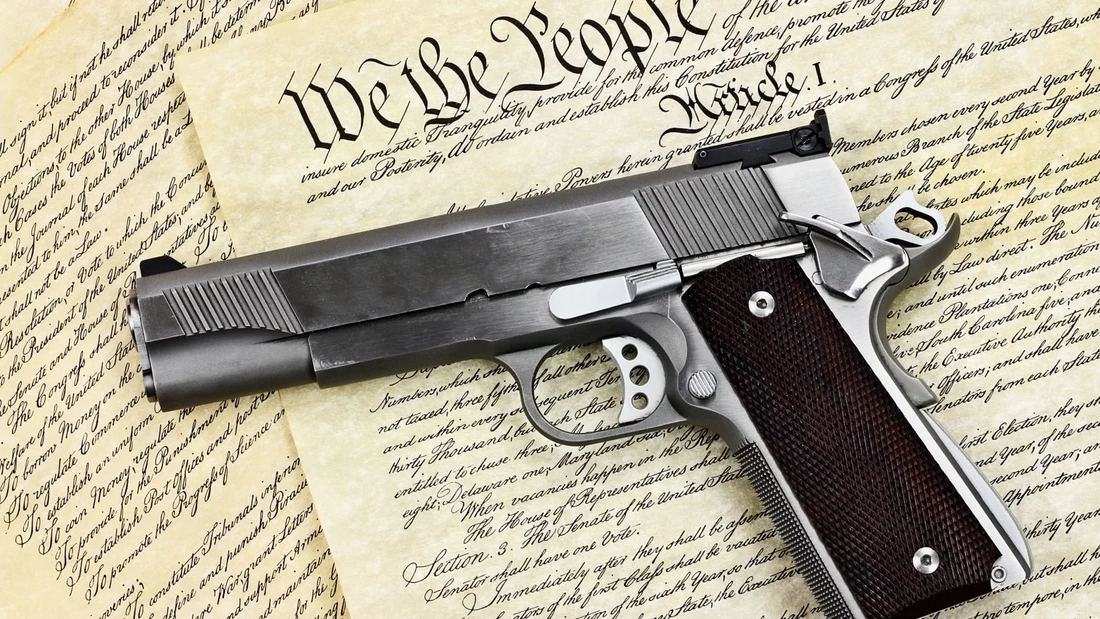
Chicago (EJ) Leo Stoller 73’ a disabled person, a protected person, as defined by the Americans for Disability Act (ADA) respectfully petitioned the U.S. Supreme Court today for a writ of certiorari to review the judgment of the United States Court of Appeals for the Seventh Circuit decision refusing to allow felons to possess fire arms
At Issue: Stoller case involves a Second Amendment challenge to 18 U.S.C. § 922(g)(1), the federal law prohibiting gun ownership by first time offenders, people convicted of non violent felonies A majority of Third Circuit judges, sitting en banc, agreed that § 922(g)(1) is unconstitutional as applied to Daniel Binderup (who was convicted of corrupting a minor), and Julio Suarez (who was convicted of carrying an unlicensed handgun. Stoller argues that the Third Circuit decision on sustain the right for convicted criminals to retain Second Amendment Rights to possess fire Arms, should be the law in every Federal Circuit.
Stoller argues that The Supreme Court’s intervention is necessary because there is a division in the federal appellate courts on the permissibility of as-applied challenges to § 922(g)(1).
Stoller’s brief explains that the recent Third Circuit’s ruling invalidates § 922(g)(1) in many of its applications, and is in conflict with the other circuits.
Stoller argues the U.S. Supreme Court should must accept the Petitioner’s Writ of Cert to clarify that the Third Circuit’s ruling that invalidates § 922(g)(1) in many of its applications, and will not allow dangerous felons to acquire firearms, contravening Congress’s intent to prohibit all criminals who committed crimes with at least the specified maximum sentence from acquiring firearms and does not create administrative burdens that undermine the efficacy of § 922(g)(1). and will not allow dangerous felons to acquire firearms, contravening Congress’s intent to prohibit all criminals who committed crimes with at least the specified maximum sentence from acquiring firearms. We also argue that the Third Circuit’s decision will not create administrative burdens that undermine the efficacy of § 922(g)(1). On the other hand if the Third Circuit’s decision becomes the law of the land it will.
Stoller argues that the U.S. Supreme Cour must Declare that the felon-in-possession ban of 18 USC § 922(g)(1) is unconstitutional as applied to non violent, first time offenders. See a copy of his Supreme Court Brief which was filed today.
| writ_of__certiorari_01-06-20.pdf |
 RSS Feed
RSS Feed
